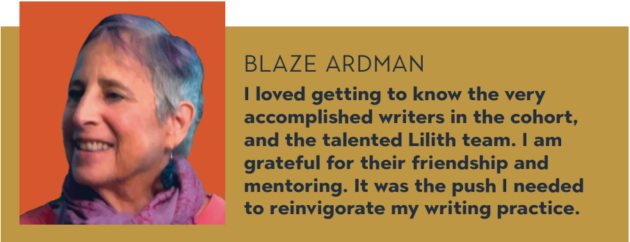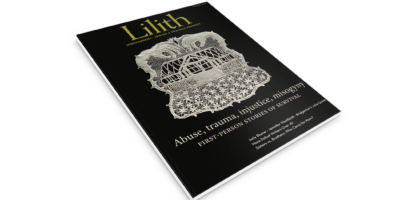
1963: From “Before Maine”
1963
“He loves my boobs,” Iris says. She’s proud of them. Her hourglass figure dis- plays well in a tight white tee shirt, tucked into the small waist of her jeans, also tight.
Mine are as big as hers, but hidden behind a baggy blue tee. I do not have an hourglass figure. I slump.
We are sweating together. Summer school, Queens College. Between classes we lean against the windowsill in the hall.
She smokes Newports, I favor Marlboros. We exchange cigarettes for the hell of it. We don’t take the same classes; just strike up a conversation because there’s nothing else to do.
Iris is a few months from turning 18. She has to take the bus to class and can’t wait to get her driver’s license. I’m 21, still a newlywed. We talk about our men. What else?

My husband, Harvey, a writer, works in the PR department of a major book publisher and thinks he’ll write the Great American novel someday.
Her boyfriend, David, is a musician and wannabe filmmaker. He turned down a job as an oboist in Minneapolis. Works for a small documentary film company and selects the music. Filmed a fife and drum parade in Connecticut. His first film.
“It’s an okay little movie,” she says.
“Maybe we should get them together.” I suggest. Maybe they will make a movie together, or even write a Broadway musi- cal, David being a musician and all.
The two of them come to our Flushing apartment one night after work.
David’s not much to look at, maybe about five-six, dark hair, unruly. Not fat but not trim, confident, outgoing, the make-yourself-at-home type. Harvey, slim, is two inches taller. His curly hair falls out with every comb-full. I wonder how long it will take for him to be completely bald.
Our apartment is luxurious by newlywed standards, lavishly furnished by Harvey’s parents, who own a furniture store in Ohio. They took us to the wholesale furniture market. The only thing we bought ourselves, retail at a store in the Village, was a marble coffee table. We chose the slab and the base.

They are wowed. I can almost feel the envious energy emanating from David. He keeps it in check; hides it even. “Nice place,” he says. “I’m starving,” he says, going into the kitchen and opening the fridge. Who does that, I wonder. And yet it feels right, like he’s family. “Got any peanut butter?” he asks. I do.
There’s no talk of the two men working together. We just jabber, getting acquainted. We start to date each other. Movies. Chinese dinners. Confessions from the men being in therapy. Wow, intimacy. It’s fun. In November, David and Iris get married. We’re not invited because Iris’ parents don’t consider us family. Late in the afternoon of the wedding, David calls.
“Wanna have Chinese?”
“It’s your wedding night,” I say.
“We already did it.” They’ve been doing it for months, in David’s basement apartment, where he’s lived since college. Iris is moving in there now.
On November 23, we become inseparable. We spend the next days watching TV in our den. Kennedy’s funeral, retrospectives on his too-short life, Jackie’s poise, dignity, and self control, Lyndon’s big nose, Lady Bird’s look of sympathy for Jackie and for all of us. We eat junk food. We are devastated.
Already we’re married to each other.
1966
Iris and I have confessed secrets to each other. She’s pregnant, because David will go after an exemption from the draft due to impending fatherhood.
Harvey and I take a vacation. California. I make the mistake of dressing up in a yellow suede suit to visit Muir Woods. It is one of my thin periods. I insist on listening to the Beatles on the radio as we drive into Marin County. He finally agrees that they are good musicians. He adds them to his repertoire of acceptable sounds: classical, Broadway, Beatles.
We await a call about the baby. Nothing. When we get home, we learn that the baby was stillborn. They are stoic. Before coming home from the hospital, David’s parents removed all the baby paraphernalia. Iris says that maybe it was for the best. Something might have been wrong with the baby.
David ends up applying for and receiving conscientious objector status. Much later I learn that he always has a way of getting his way.
Harvey is in the army reserves. He is not called up.
David and Harvey make a film about immigrant workers at a Long Island duck farm. Their first time working together.
On New Year’s Eve, Iris and I cook a turkey in my apartment on 14th Street, our first city home after leaving Queens. We both phone our mothers for instructions. We smoke some weed and walk around the snowy sidewalks. Shivering, laughing.
Blaze Ardman is a mom, grandmother, grief companion, energy medicine healer, teacher and practitioner of Japanese psychology and wealthy in friends.



